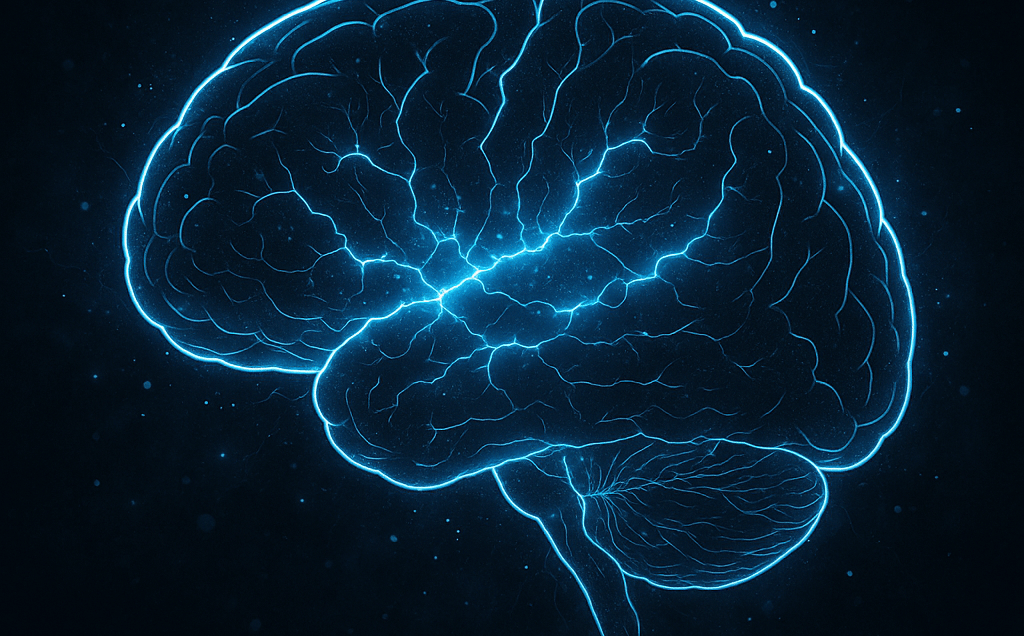Adult ADHD and the Journey Towards Self-Acceptence
9/1/20253 min read


Being diagnosed with ADHD as an adult was life-changing. All of a sudden, I had an explanation for why I did the seemingly crazy things I did. It wasn’t an excuse — but rather a scientific and psychological reason behind the impulsive behavior that often ruined friendships, relationships, work opportunities, or just generally upset people.
I could clearly see how I upset others, yet I couldn’t seem to stop myself at times. Afterward, I’d be so hard on myself for “not keeping it together” and for hurting the ones I loved. It was a brutal cycle that felt impossible to escape.
In 2020, I started taking Vyvanse, and I almost felt cheated. For the first time ever, I felt “normal.” I could sit down at a computer and actually work without getting up every five minutes or having 70 tabs open — checking social media, Supercoach, the news, playing online poker, trading shares, etc. I could concentrate on one or two things (I still have 20 tabs open across three different windows…) and be productive. This made me happy — at least for a while.
But the real difference came when I finally faced my inner emotional world. I had stopped drinking and numbing my feelings, so they began to surface. I’m so glad they did. Vyvanse was a great help in keeping me disciplined, but it’s not a miracle cure. It cannot do the deep healing that adults with ADHD often need. That deep work is something I’ve done extensively — and something I’d love to help others with.
Lately, I’ve spoken with many adults who have recently been diagnosed with ADHD — and some who are undiagnosed but clearly living with it. I tend to attract them. I think it has something to do with similar energy fields, but also with being empathetic and energetically available. There’s a comfort we find in like-minded souls. I digress…
What I’ve noticed is a lot of deep wounding from being different and misunderstood. Society wasn’t designed (at least when I was younger) to support sensitive and impulsive ADHDers. It can be a tough combination — being extremely emotionally sensitive to others and the environment, yet struggling to fit in. Things often spiral, and in a classic Australian way, many just sweep it under the rug. What choice do they really have, other than to risk further ridicule and exposure?
I believe that ADHD folk are different — and absolutely special. They do have superpowers, but also super deficits in other areas. From my experience, it’s definitely a spectrum (not Autism — though the two can co-exist) and it manifests differently in each individual. Of course, there are common traits and tendencies, but as complex psychological beings, the remedy for each of us will be different.
I’ve also learned that medication alone is not nearly enough to manage the complexities of ADHD. Sound psychological and psychiatric help is important, but not sufficient. Having someone — or even a team — to help bring structure to your life is paramount. And large amounts of empathy and compassion are needed, because I haven’t met an ADHDer who isn’t highly sensitive and attuned to others.
Having someone who actually knows what it’s like to live an ADHD life is critical. That’s where I can help. I’ve not only studied psychology, life coaching, and counselling — I’ve also spent a decade on the receiving end myself. I know what I needed to survive some of the toughest times, and now I know how to deliver the right kind of help to others.^
As I said before — all ADHDers are different, yet share common traits. My strength lies in being able to tap into what the individual needs — the specific work they need to do and the routines that will support them. While there’s no one-size-fits-all approach, there are core elements that are always important: self-compassion, self-acceptance, and groundedness through practices such as meditation or journaling.
If you’d like to know more about living a more productive and happier life with ADHD, then reach out — and maybe even use that impulsivity for something constructive ;)
^ I am not a medical or mental health practitioner. If you are experiencing issues, please seek appropriate professional advice.
